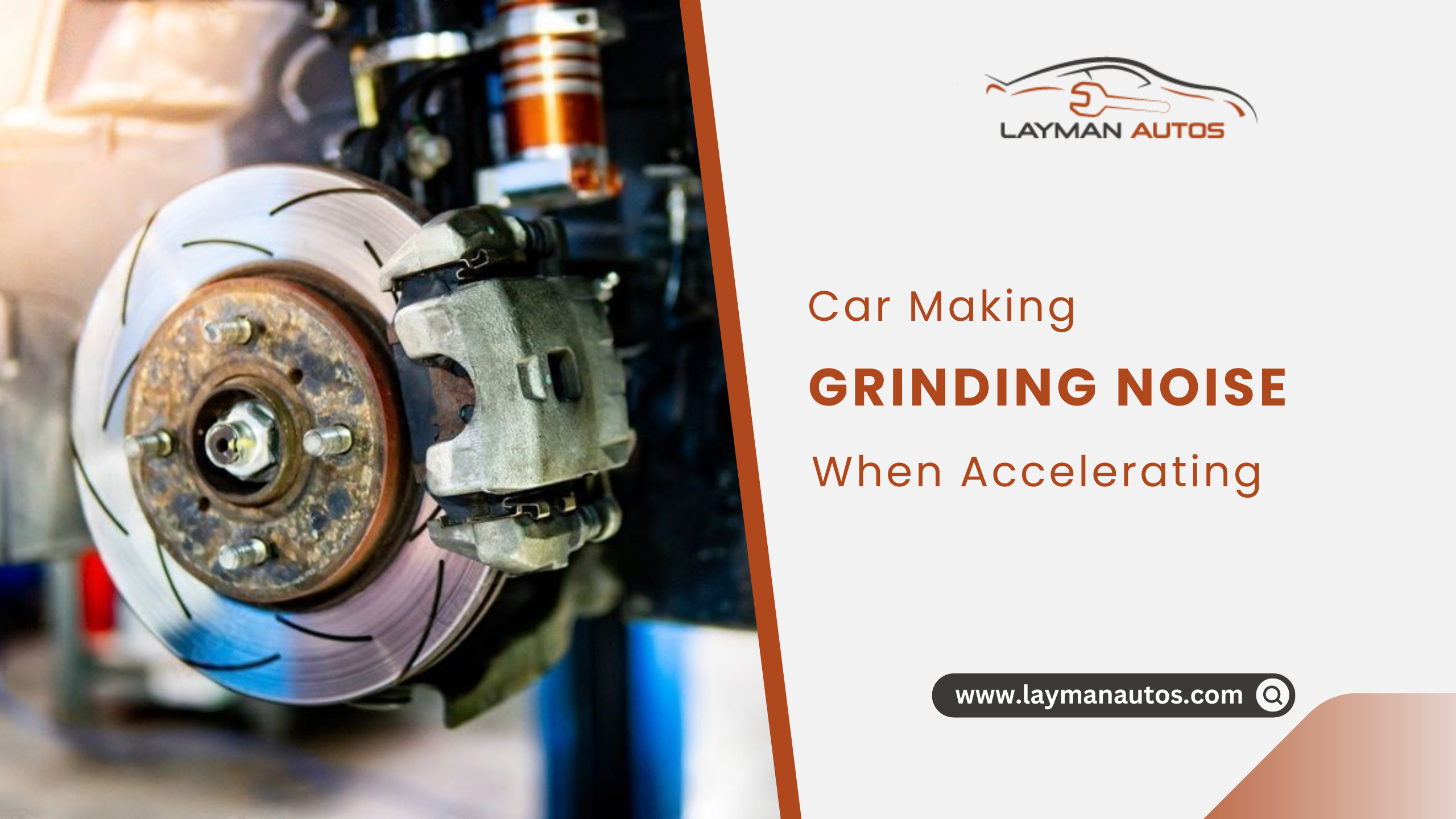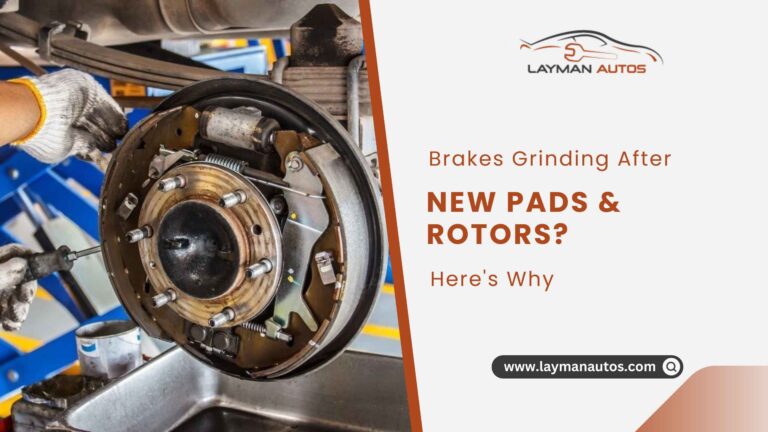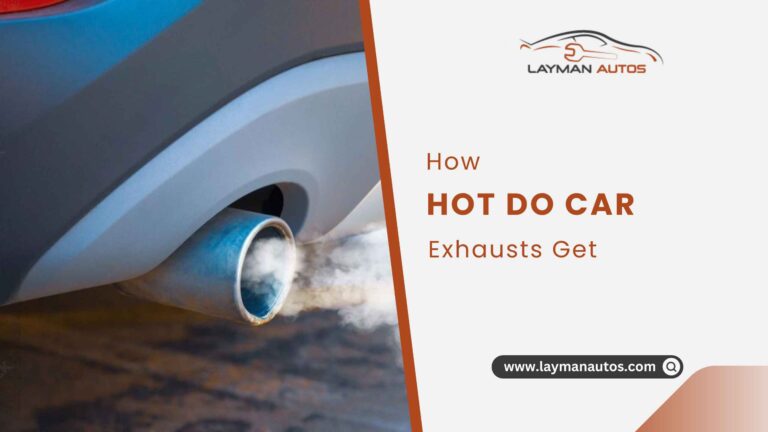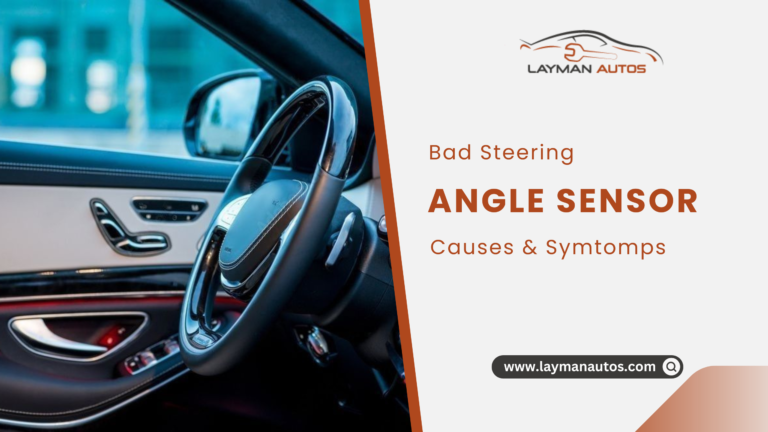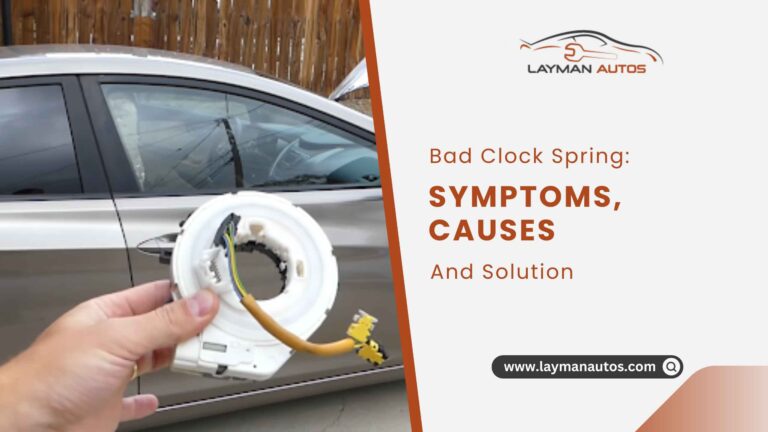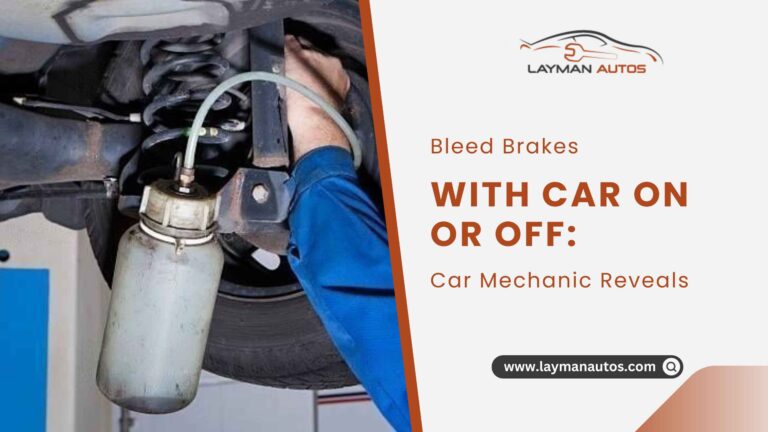Car Making Grinding Noise When Accelerating
It’s possible for a grinding sound to be misunderstood as a squeaking or squealing one, depending on its source and the listener. Most problems that result in a Car Making Grinding Noise When Accelerating are found on the inside of the vehicle, in more substantial components, where they may be hushed or amplified, respectively.
A grinding noise when accelerating might indicate a number of problems, including a faulty gearbox, differential, wheel bearing, CV joint, or engine/motor mount.
Whenever your car makes a grinding noise when driving, you should take it as a warning. This sort of noise can have a number of different origins, all of which should be investigated immediately to prevent further complications.
A grinding noise while driving is very concerning. The noise may seem utterly terrifying. However, you need not worry about it since we are going to help you fix it.
Why is Your Car Making Grinding Noise When Accelerating?
Some possible causes along with their solutions are listed below:
1. Transmission Problems
If your transmission is making strange noises, especially as you speed, and especially if you have an automatic gearbox, you should probably keep an eye out for impending problems. The arrival of difficulty might be assumed if a grinding noise is being produced.
Gears Getting Worn Out
If your automobile with an automatic transmission makes a grinding noise when accelerating, it’s likely because the gears have worn out. Gears getting worn out are not healthy, especially in a gear system so complex that the health of one part depends on the health of another.
High Engine Pressure
These transmission systems are extremely complex, and they are subjected to extreme conditions while in operation, including high engine pressure and massive quantities of torque. Even minor damage can have far-reaching consequences, therefore any problems must be addressed without delay.
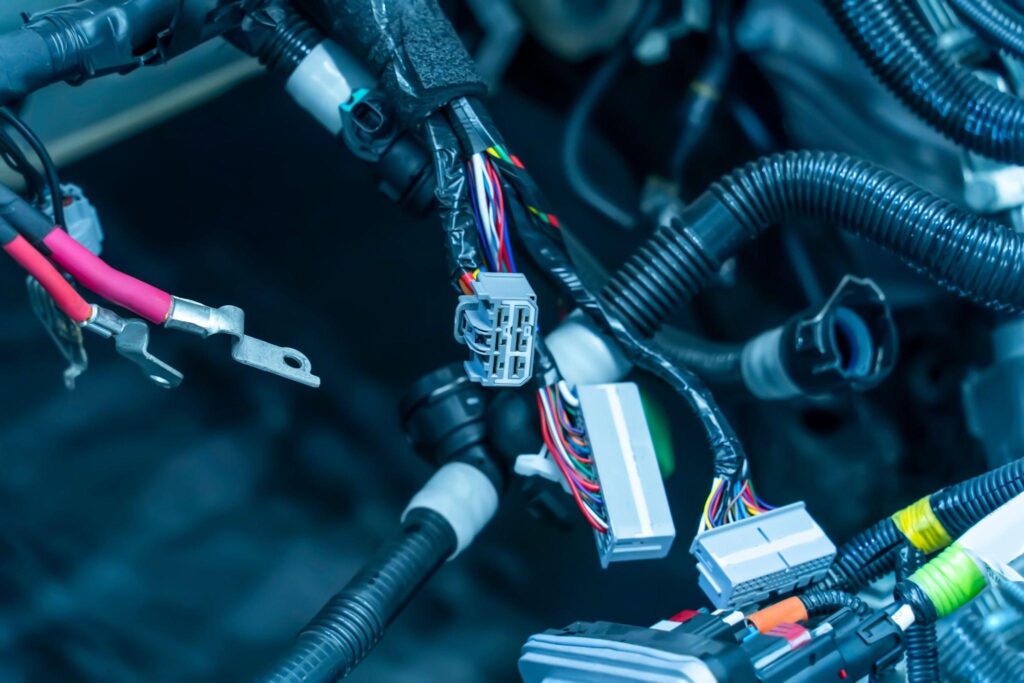
In a car with an automatic gearbox, the transmission is one of several moving parts. There are many moving parts in your drivetrain that can become worn or damaged as they transfer power from your engine to your drive wheels.
Several components of your transmission—including the clutch, flywheel, flexplate, and gears—can deteriorate with time, resulting in an unpleasant grinding noise when you use the accelerator.
Repair or Replace the Gearbox
You might hear a scraping noise when accelerating. If you notice such a loud noise, like grinding, when shifting gears, it may be time to have your gearbox repaired or replaced.
Correction of Transmission Flaws
To avoid further damage to your gearbox, stop the vehicle and have it towed to a repair facility if you hear a grinding noise. Long-term damage from driving with a grinding gearbox might cost thousands to fix.
To begin repairing your car’s gearbox, you must first determine the nature of the noise it is making. There may be a squeaking or grinding noise when accelerating from a stop. Because of the transmission’s sealed nature, it’s important to have a qualified transmission specialist examine it for an accurate diagnosis. Experts can tell what’s wrong with your transmission just by listening to the sounds it produces.
2. Issues With Your Differential
A differential (or “diff”) is a component of your car’s powertrain that allows your wheels to rotate at different speeds. We won’t get into the physics of it now, but if your wheels couldn’t do this, you won’t be able to handle your car. It is risky, to say the least.
Whimpering Noise From the Differential
In a nutshell, your differential takes in power from the engine and distributes it to each individual wheel. Your differential will often make a whimpering noise whenever it is upset.
Moaning and Grinding Noises When Accelerating
However, when the issue worsens, you may hear moaning and grinding noises when pressing the accelerator. It will make a noise when you accelerate and turn. The differential’s gears are likely worn and out of sync since they absorb so much torque.
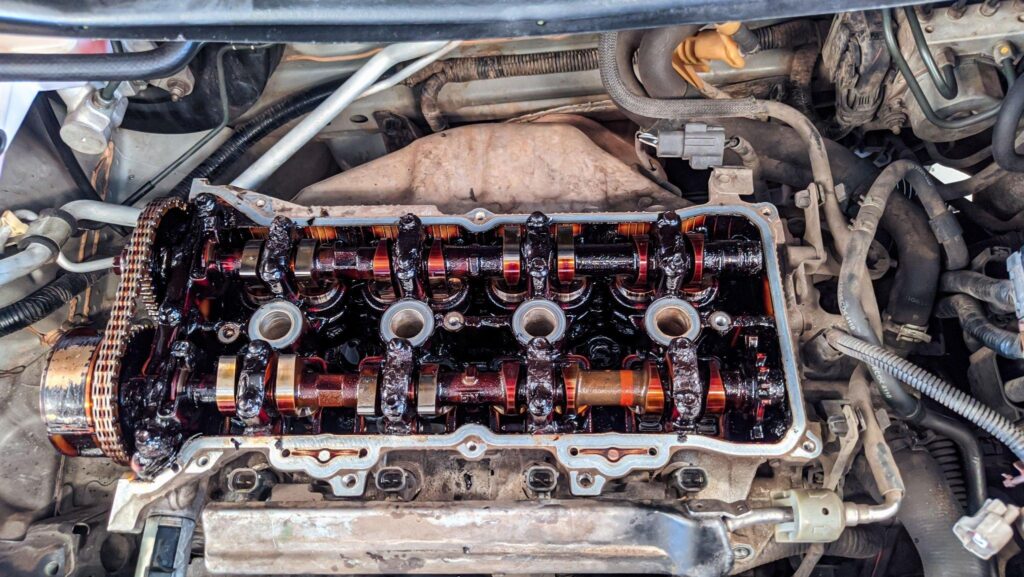
The differential, which can be found between the front or back wheels, is linked to the car’s engine and transmission by the drive shaft.
Link Between the Differential, Engine, and Transmission
When you press on the gas, the car’s engine sends power to the gearbox, which in turn rotates the driveshaft and engages the differential, which then sends that power to each of the vehicle’s wheels. The differential is made up of several gear sets, so as it wears down, you’ll hear a noise of grinding when accelerating.
Fixing Differential Issues
Hearing a grinding sound from your differential is usually a sign that it’s beyond repair. After the gears in a differential start grinding, it’s usually time to get a new one.
The worn differential fluid prevents the gears from grinding against one another and might be the cause of a whining sound.
It is strongly recommended that you have a professional inspect your differential and make any necessary repairs. In most cases, this will need to replace every component of the differential.
3. Poor Wheel Bearing
Your car’s wheel assembly includes this bearing. Wheels can only be mounted onto axles by the use of bearings. The component is a ring made of metal that contains a number of steel balls. It’s all about making things as frictionless as possible.
The grease inside of them reduces friction and allows the wheels to turn freely. If the wheel bearings are worn out or out of lubricant, they will start to grind against the metal, and the noise will emanate from the front wheels. It’s possible the wheel bearings at the back of your car cause a grinding noise that you hear
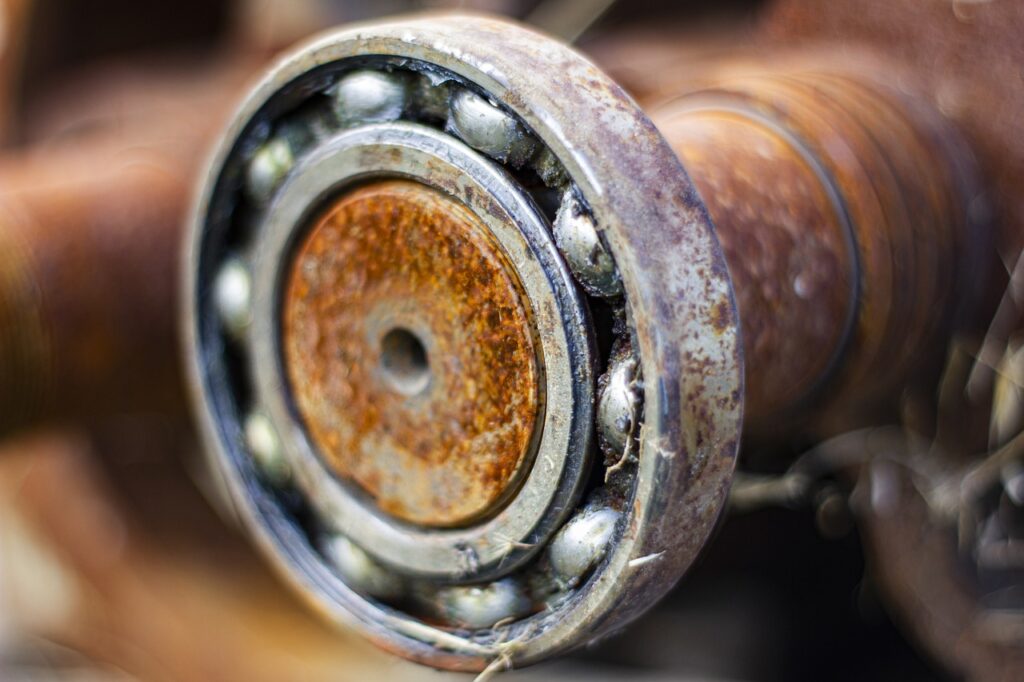
One of the less expensive and more simple repairs is replacing a faulty wheel bearing. If a wheel bearing is faulty, you’ll hear a grinding sound whenever the wheels revolve, and that noise will likely get worse while you accelerate.
Bearings Require Maintenance
Uneven steering and handling, or uneven tire wear, are common warning signs that your bearings require maintenance. If you hear a grinding sound when you’re accelerating or turning, you need to get to the bottom of it immediately.
Damaged Cv Joints and Gearboxes
Wheels might become immobile due to damaged bearings. Exactly as terrible as it sounds. As a result, you and your passengers may be at imminent risk of death. Damaged CV joints and gearboxes can occur because the wheel bearings also operate under high-torque circumstances. That includes the hubs of your wheels.
Repairing Damaged Wheel Bearings
Most people can easily fix a faulty wheel bearing themselves. In order to access the brake caliper, the wheel must be taken off. Adding caliper slider pins and lubricating caliper bolts will ensure that your brake pads are properly installed. It is now time to find the bad wheel bearing, remove it, and replace it with a new, well-oiled one. Replacing your bad wheel bearings at a reliable auto shop will set you back around $300.
4. Damaged CV Joint
There is a constant velocity connection (CV joint) between the transmission and the wheels in front-wheel drive vehicles. In contrast to the conventional solid axles found in the back of rear-wheel drive cars, this one is free to move in any direction. Wheels that perform both driving and steering functions benefit from the CV joint’s increased range of motion.
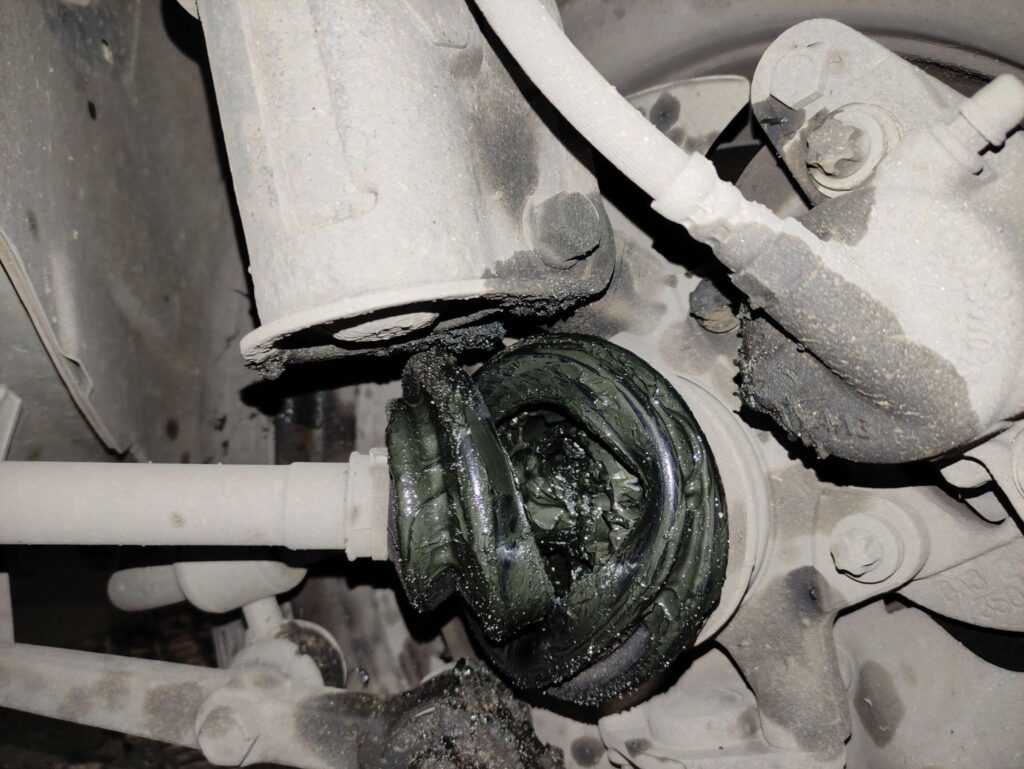
Clicking, banging, or grinding noises during low-speed acceleration and tight turns are frequently indicative of a deteriorating component in your vehicle. A faulty CV joint can make it so the car won’t shift out of Park, which is, as you can see, a major problem.
Additionally, you might feel vibrations in the car or see oil on the tire’s inner edge. If your vehicle’s CV joint is faulty, you should think twice before driving it.
Repairing a Faulty CV Joint
The only option when your CV joint is injured is to get it replaced, as repair is impossible. You should take your car to a professional technician since replacing a CV joint is not a job for the average DIYer.
Although the cost of a new CV joint is modest, the labor involved in the process will likely drive the total to between $750 and $1,000. Doing the replacement yourself might save you hundreds of dollars in labor costs.
5. Faulty Motor Mounts
The motor, also known as the engine mount, is responsible for keeping the motor in place. As the typical engine weighs in at around 300 lbs, a motor mount must be robust in order to support its load. Metal motor mounts are susceptible to rust, wear, and detachment from the motor over time.
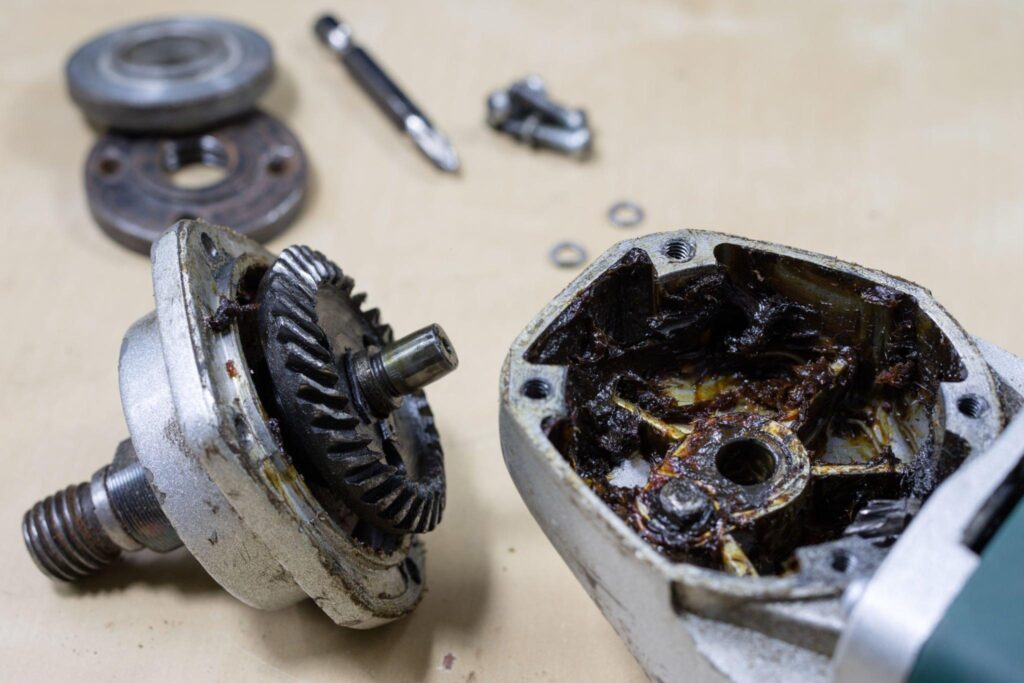
The engine is yet another location with several moving parts that might contribute to making a grinding sound when accelerating. It is essential to isolate the specific noise in order to diagnose engine noise. Squeaking or tapping sounds, which might be a timing belt, are distinct from grinding noises. A rattling sound might also be an indication of a problem with your catalytic converters or a loose bolt on an important part like the radiator.
Worn Engine Mounts
If you hear a grinding noise coming from your engine, it’s probably just worn engine mounts. If it’s getting worse, there are worn-out brake pads. Metal mounts with rubber or urethane bushings are used to attach the motor to the chassis. They help to restrict the engine from moving about and dampen any vibrations that can be felt throughout the car. Worn bushings result in a scraping or grinding sound when the engine revs up.
Replacing Faulty Engine Mounts
With the right equipment, replacing an engine mount is a simple task. Replacement motor mounts are easy to get and may be installed in a short amount of time. Expect to pay a few hundred dollars to have a professional replace your engine or motor mounts. This is a simple fix that can have a big impact on your car’s performance and should take a little time.
It’s not a particularly pricey treatment, but it can create major complications if not dealt with quickly and thoroughly. Spot Welding it back into place could be possible in less than an hour at a competent establishment.
Cost
However, if you need a replacement, you should expect to pay the same repair company roughly $800. If you want to fix it yourself by Replacing Faulty Engine Mounts, you may expect to pay anything from $100 to $300 for the part.
Conclusion
With this newfound knowledge, you should be able to properly determine the origin of the grinding sounds coming from your vehicle. Grinding sounds and expensive repairs may be avoided with routine maintenance. If you want to keep your automobile running smoothly for years to come, it’s important to understand how to maintain the aforementioned components.
Frequently Asked Questions
Does a grinding sound indicate a faulty transmission?
Yes. Depending on whatever part of the transmission has failed, it may generate a grinding sound. If the synchronizer has failed, the transmission may make a screaming or squeaking sound.
Can I Trust That Grinding Sound While Behind the Wheel?
It’s both true and false. A grinding sound might indicate a number of problems with your car. If you hear a grinding sound, you must locate the source of the noise immediately. Minor problems, such as worn brake pads or a creaking heat shield, may allow you to keep driving the vehicle for a while before you have to get it fixed. If the grinding noise is coming from the engine or gearbox, it is best to pull over immediately and have the car towed to the nearest repair shop so the problem may be properly diagnosed and fixed.
What Will Happen If I Proceed With A Grinding Noise While Driving?
If you continue to drive with a grinding noise, you might end up damaging even more parts of your vehicle. If the part you’re grinding is a crucial one like the engine or gearbox, you might cause catastrophic failure and incur astronomical repair costs.
Why Is My Car With Manual Transmission Producing Grinding Noise When Accelerating?
When the transmission fluid level is low, a low, grinding sound might be heard. When the gear’s teeth deteriorate rapidly due to a lack of lubrication, pollution, or excessive mileage, the sound might change into a whiny one.

